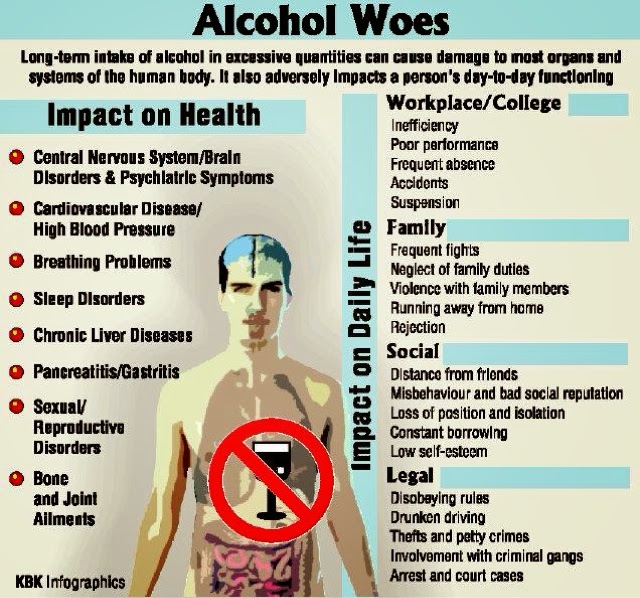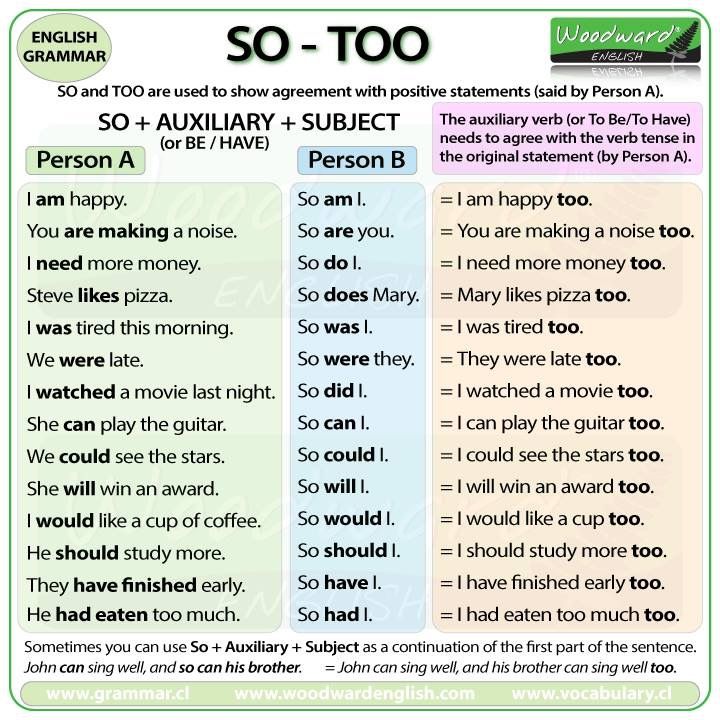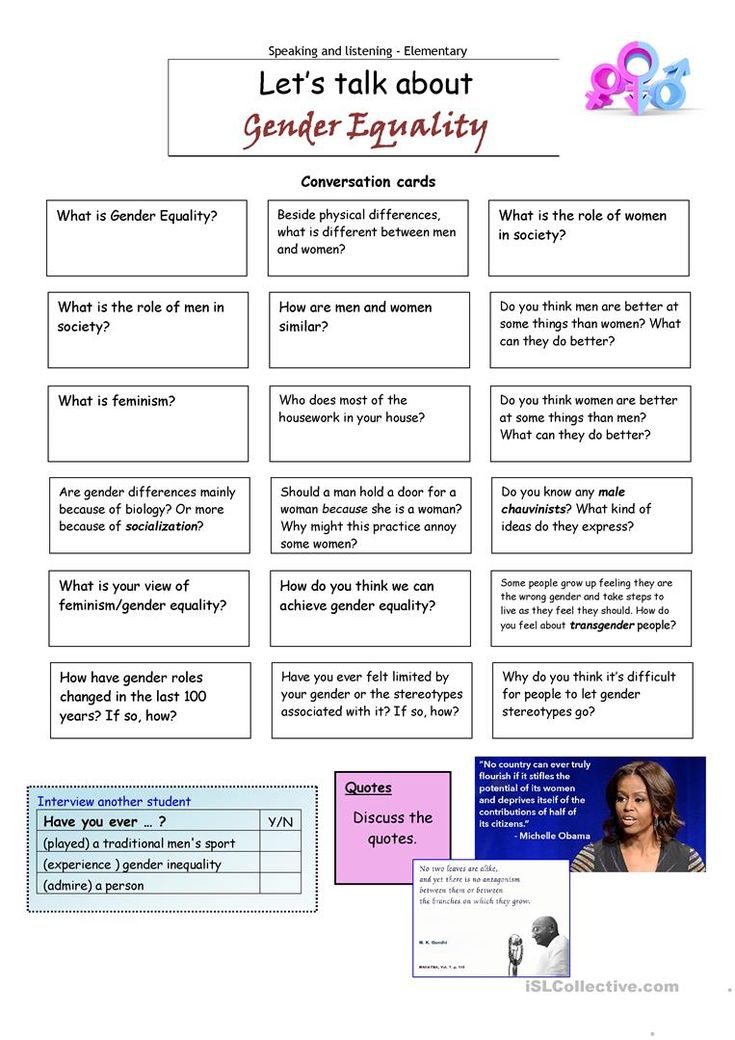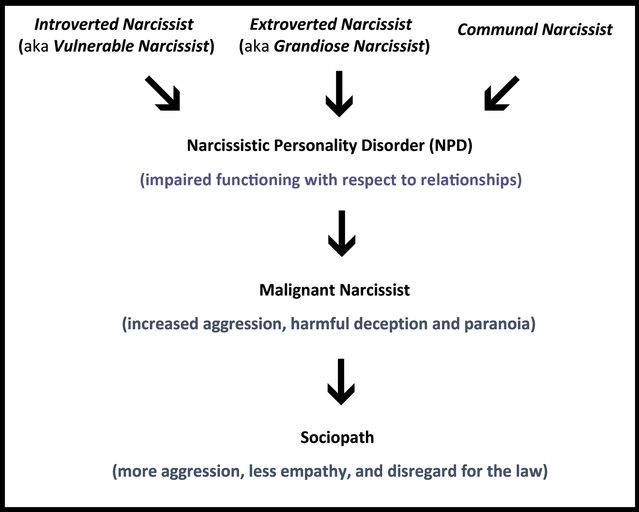My child is two years behind in school
What to Do If Your Child is Falling Behind in School
Regardless of your child's age, the occasional school struggle is normal. But when that struggle becomes a pattern, it often raises concern―from parents and/or teachers.
If you suspect something isn't quite right, trust your instincts and speak up!
Talk with Your Pediatrician
The American Academy of Pediatrics (AAP)
recommends talking with your child's pediatrician about any school struggles. A child's lack of academic progress is often a symptom of more complex issues such as various types and combinations of behavioral, psychological, and learning difficulties. Social stress, illness, and chronic medical problems may also play a role.
Not sure when to bring up concerns?
Your child's yearly checkup is a good time.
Pediatricians track your child's growth and development at yearly checkups ―this includes academic growth since your last visit. To prepare for these checkups, make a list of topics you want to talk about such as
school readiness, behavior problems, sleep issues, eating troubles, or mental health concerns. Bring them up with your pediatrician at the start of the visit.
Dig deeper for clues.
Learn about specialty referrals and evaluations.
Your pediatrician may refer your child for psychological and educational evaluations to explore possible neurodevelopmental and language disorders, learning and intellectual disabilities, emotional health issues, and sources of stress. Don't be alarmed if you receive a referral!
These in-depth evaluations can be done by professionals such as developmental-behavioral pediatricians, pediatric neuropsychologists, child neurologists, child psychiatrists, child psychologists, as well as speech and language pathologists, pediatric occupational therapists, and pediatric physical therapists.
Results from these evaluations can help determine why your child struggles in school, help you understand what your child needs, and offer strategies that could help and support your child.
Get Support at School
After an evaluation, pediatricians can help families request and advocate for the best Individualized Education Program (IEP) or 504 plan at the child's school. The IEP spells out your child's academic goals and outlines the exact education, services, and extra support the school district will provide.
Helping your child get back on track takes teamwork.
When a child is falling behind in school, a team-based approach between the family, the school, and the child's healthcare providers is important. You and your child are the center of that team.
Great teams are built on effective communication. And parents are often the ones whose shoulders it falls on to make sure all information is shared between everyone on your child's healthcare team.
Get tips for communicating effectively with all team members here.
Be Patient with the Process
Resolving these kinds of complex issues can be a long and difficult process. As your child's best advocate, you may need to consider test results, reflect on available choices, and work with your child's healthcare team to make a plan that allows your child to reach his or her fullest potential. It may take time, and patience is key to keeping stress under control.
As your child's best advocate, you may need to consider test results, reflect on available choices, and work with your child's healthcare team to make a plan that allows your child to reach his or her fullest potential. It may take time, and patience is key to keeping stress under control.
(And don't forget to involve your child in any decision-making processes, if he or she is old enough; this can help build-up any self-esteem lost from falling behind in school).
| TYPES | EXAMPLES |
|---|---|
Specific learning disabilities |
|
Heart, blood & circulatory system |
|
Infectious diseases | |
Trauma | |
Toxic exposure | |
Attention, affective/mood, autism, and related disorders
|
|
Neurologic | |
Social |
|
Sensory |
|
Sleep |
|
Speech and language |
|
Chronic diseases | |
Childhood cancer-related | |
Other |
Additional Information:
Should My Child Repeat a Grade?
Learning Disabilities: What Parents Need to Know
How to Raise Concerns about a Child's Speech and Language Development: Do's and Don'ts
Is Your Preschooler Ready for Kindergarten?
My child is receiving special education in school.
 What role should his pediatrician play? (Ask the Pediatrician)
What role should his pediatrician play? (Ask the Pediatrician)School-Aged Children Who Are Not Progressing Academically: Considerations for Pediatricians (AAP Clinical Report)
Guiding Principles for Team-Based Pediatric Care (AAP Policy Statement)
Understood.org
The information contained on this Web site should not be used as a substitute for the medical care and advice of your pediatrician. There may be variations in treatment that your pediatrician may recommend based on individual facts and circumstances.
Can a child 2 years behind accademicly ever catch up ???
Please or to access all these features
26 replies
bizzey · 25/10/2012 13:06
Hi I have posted on before I think (or SN?)..but I have a bit more information now and just wondering if anyone has had any expierience of this.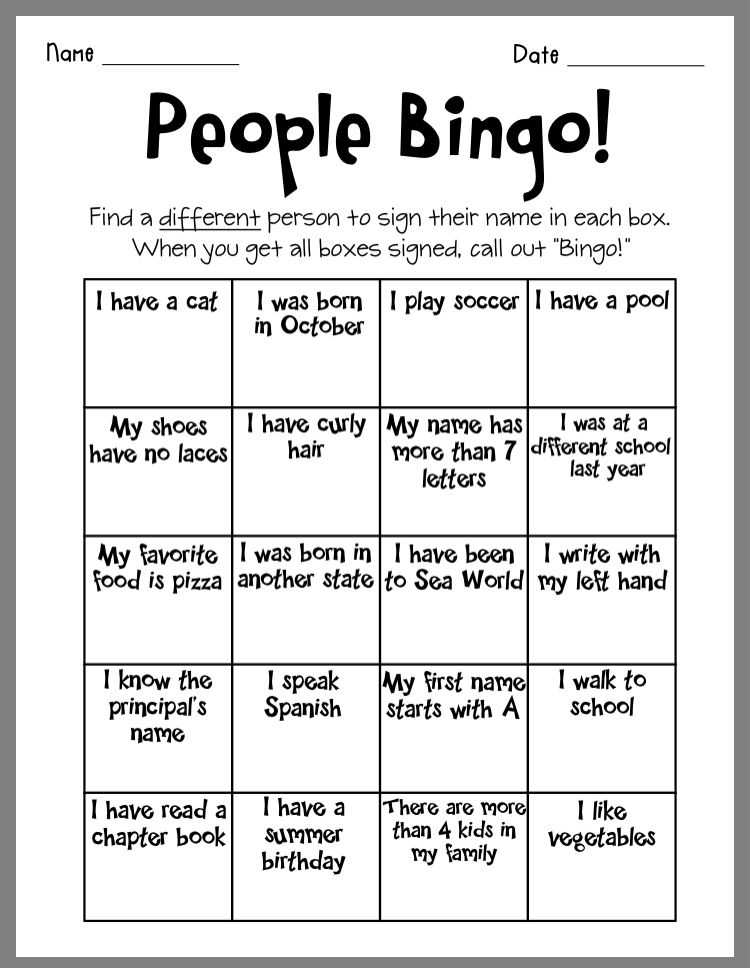
DS3 is yr4...at the end of yr3 the week before his 8th birthday he was assesed by literacy support service(LEA) and I got her report a last week.
It was as I expected he is 2 years behind mothers instinct and no tests
His decoding/reading accuracy was 5.11 yrs
His Text comprehension was 5.09 yrs
They have not been moitoring his levels accuratly as when I was told his reading level(before I got above report) was 3b I just burst out laughing !!!
He has 1/2 hour lit support ix week with external teacher and I am given lots to do at home...but he also is given extra from TA (who is not his TA but help him last year and knows I/we want it and sorts it out in her own time !)
I suppose what ireally want to know is ......will he get there in his own time...ever ...or will he always be 2 years behind no matter how much I do at home with him .
He is under SALT/Comm pead/genetics/physio/OT as he has hypermobility issues...
I had bettter stop now as I wil just ramble and go away from my origional quetion !!!
I have asked for ED PYCH and got lots of nodding heads in agreement. .....but he hasn't appeared yet !!
.....but he hasn't appeared yet !!
Thank you for reading....honest opions please...I can take it!!!!
OP posts:
Add messageShare
ReportPlease or to access all these features
Advertisement
lljkk · 25/10/2012 13:14
I expect he'll catch up, just maybe not when you want.
I think it's very important you don't compare, you'll do your head in.
Famous family story: in mid-primary years, in the space of a calendar year, my dad & his twin went from 2 years behind reading target to 2 years above the expected.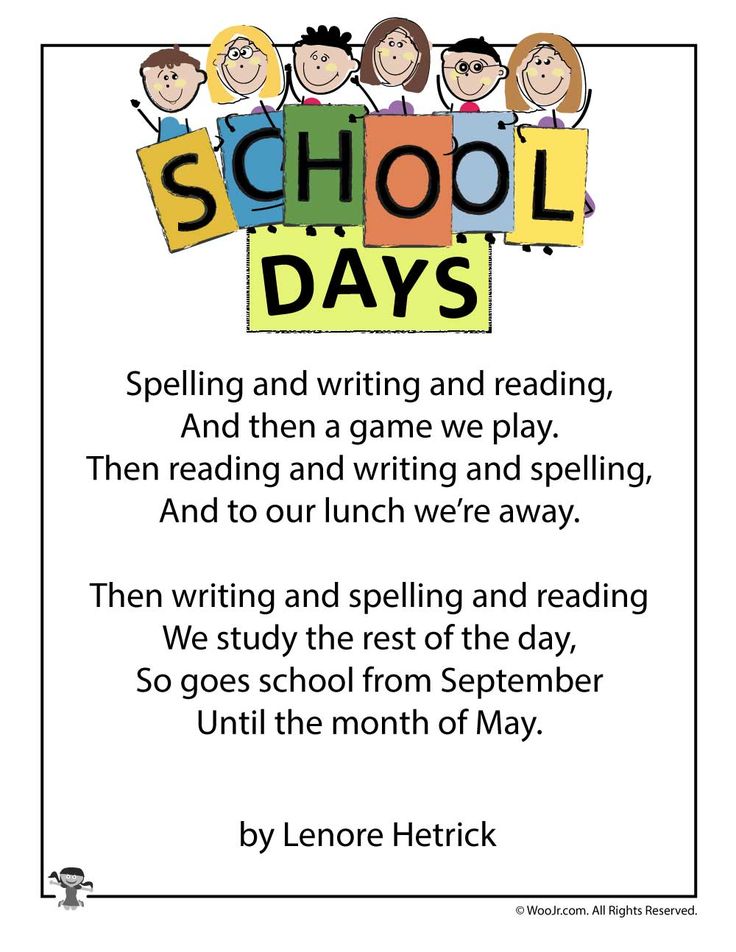
Share
ReportPlease or to access all these features
learnandsay · 25/10/2012 13:19
lljkk, what did your dad & his twin brother start doing differently that made them make so much progress?
Add messageShare
ReportPlease or to access all these features
Spons · 25/10/2012 13:25
I'm not sure if its at all useful, but I was a year and probably a bit more behind when I was about 9 I think? My dm purchased all the text books the school used and we worked through them every night, unti the point when I was slightly ahead of lessons! By the time I was in y6 I was fine and in sync with the others, and in high school was top set. There is no way I would have caught up without the extra work!
There is no way I would have caught up without the extra work!
Share
ReportPlease or to access all these features
Emily1974 · 25/10/2012 13:36
Hi Bizzey,
I know how you feel. My son needs some catching up in school too but he is only in Y1. I too, ask the same question, will he ever?
After speaking to my husband and his family, they all knew my son has so much similarly to my husband when he was at DS age. Did not do well in school, can't engage with something he was not interested even though he would politely sit quietly and listen.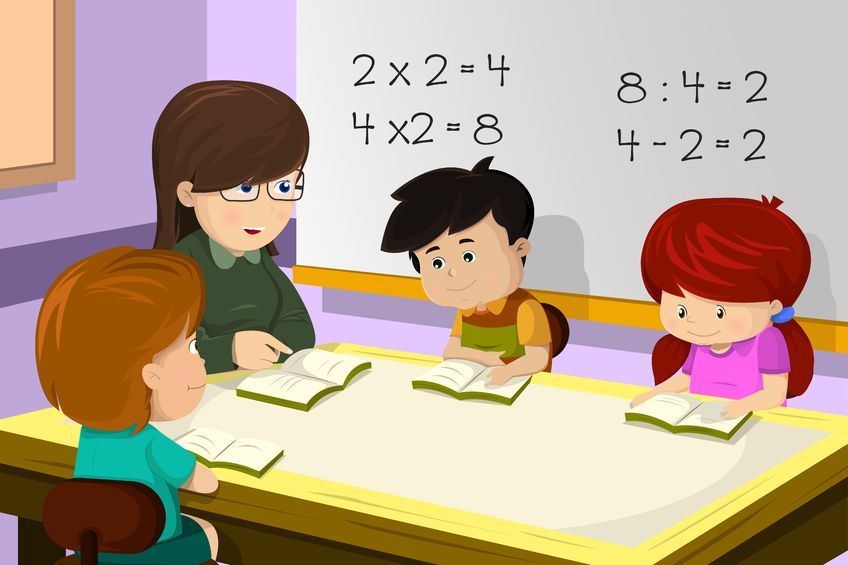 His grades shot up when he was in secondary school as certain subjects (science in his case) became more "interesting". He has achieved well since.
His grades shot up when he was in secondary school as certain subjects (science in his case) became more "interesting". He has achieved well since.
I can't be 100% that your DS's school grades will change in the future but certainly it can happen! Try not to worry too much - I know it's super hard! Give as much support to them is the only thing that we can do now. hugs.
Add messageShare
ReportPlease or to access all these features
Emily1974 · 25/10/2012 13:47
Spons, it's good to know your hard work paid off.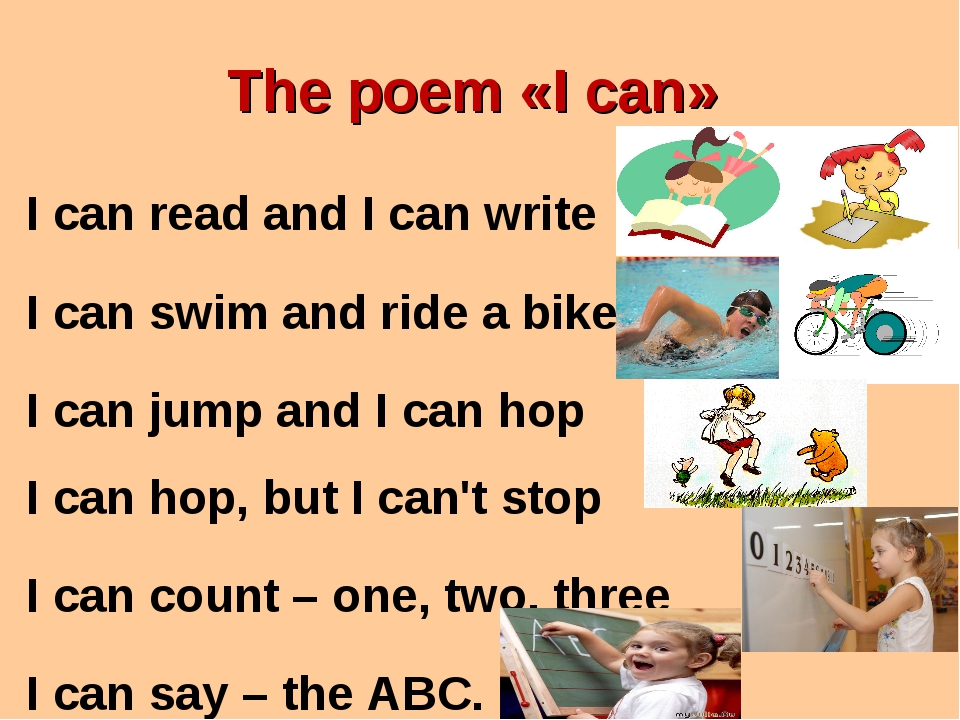 .. did you enjoy doing the extra work everyday?
.. did you enjoy doing the extra work everyday?
I am doing some extra exercise with DS everyday now, try to do just enough not to put him off! I sometimes feel a bit guilty of making him work extra hard but I guess it's all for his own good for the future...
Add messageShare
ReportPlease or to access all these features
Advertisement
lljkk · 25/10/2012 14:13
According to my dad, Grandmother took them to the public library very regularly, she found the right books to interest them (baseball). I suspect there's more to it than that but it's all my dad particularly remembers. And mostly they just grew up a bit.
I suspect there's more to it than that but it's all my dad particularly remembers. And mostly they just grew up a bit.
Share
ReportPlease or to access all these features
Advertisement
throckenholt · 25/10/2012 14:14
I think with reading a huge part of it is having something they want to read. Then they have a reason to figure it out, and something to hang the rules on.
So - can you find something to read that he loves ? In one of my DS's case it is car magazines, and for the other is it anything to do with owls.
Once they have an incentive (ie they enjoy it and get something out of it) they come on in leaps and bounds.
Add messageShare
ReportPlease or to access all these features
derekthehamster · 25/10/2012 14:20
At the end of yr 4 my son was assessed as 2a for writing. Reading and maths are fine (3a and 4c), So we're ploughing though apples and pears as his spelling is poor, and he's seeing one of the school TA's for private tuition.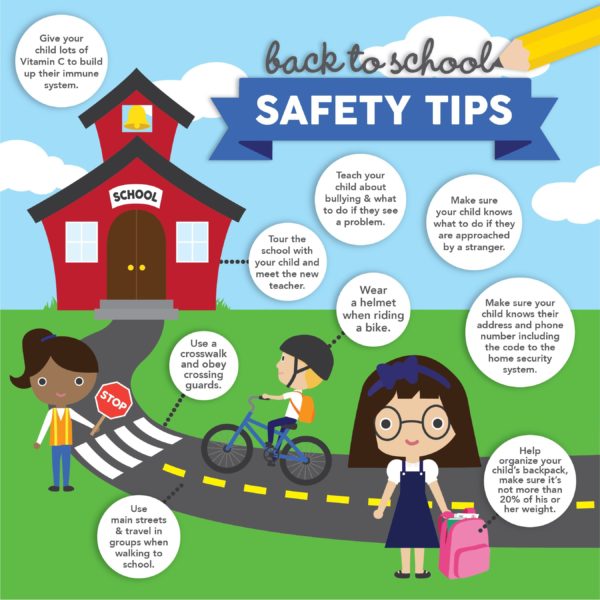 Hopefully this will bring him back up to the standard required.
Hopefully this will bring him back up to the standard required.
Anecdotally, I have heard that boys can have a surge around Yr 5 and 6
Add messageShare
ReportPlease or to access all these features
bizzey · 25/10/2012 14:23
Thank you all..
Emily yes that is my worry ...putting him off school and learning...he does aday at school and then come home and do catch up AND his yr4 work (which I basicly tell him the answers so he has got something to hand in with his peers so he doesn't feel excluded !!)
But compared to his anxiety/panic attacks 2 /3 years ago about even having to go to school I supposed we have progressed(he doesn't hide the car keys now so we can't go !!)
I KNOW he is not thick and I know it is a processing problem . ..but at the moment just seem to be banging my head against a brick wall in knowing what to do /help
..but at the moment just seem to be banging my head against a brick wall in knowing what to do /help
We were doing the clock the other day ...visually he could point to me which clock face was "half past 6"(I said the words).....a bit later I asked the time on the picture ......he said "6 past half " ?
He wants to learn ...but it is frustrating to him when he knows it is not right ??
OP posts:
Add messageShare
ReportPlease or to access all these features
Spons · 25/10/2012 14:25
Hey Emily, hmm I didn't really like it, but I HATED being the only one working from a text book the others had finished last year and not understanding what was going on in lessons! Plus my dm was v v patient, I wouldn't say she made it enjoyable, but she made me see the bigger picture?
Add messageShare
ReportPlease or to access all these features
Advertisement
bizzey · 25/10/2012 14:27
derek.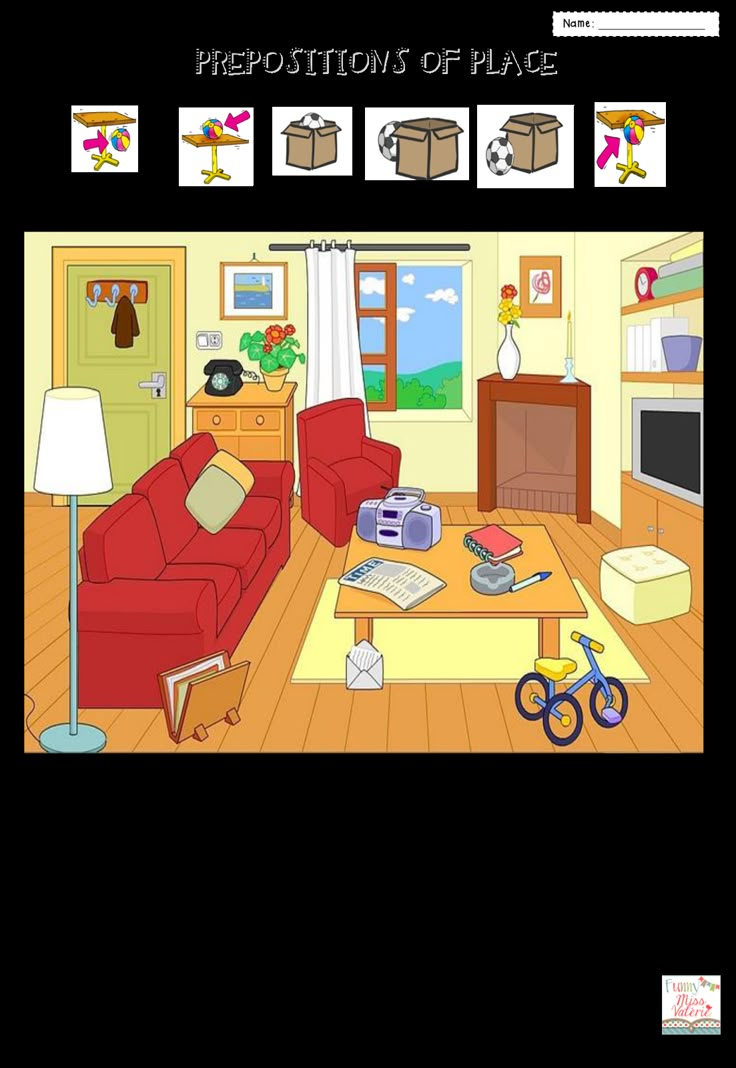 ..you have given me hope !!
..you have given me hope !!
OP posts:
Add messageShare
ReportPlease or to access all these features
PositiveAttitude · 25/10/2012 14:33
Hello bizzey. I can't really say about your DS, but all I can say is that DD3 was many years behind at the age of 14 (reading age of 8), then she became ill and was unable to get to school for 2 years, so ended her official education with absolutely nothing and it all looked a bit hopeless. She then found that she has a real flare for hairdressing, has been at college for 2 years now and is doing her level 2 qualification this year, loving it and is really fulfilled and happy as she never was at school. I have come to realise that you just need to help them find their niche in life and things will work out for them. Academic success is not the be all and end all.
I can't really say about your DS, but all I can say is that DD3 was many years behind at the age of 14 (reading age of 8), then she became ill and was unable to get to school for 2 years, so ended her official education with absolutely nothing and it all looked a bit hopeless. She then found that she has a real flare for hairdressing, has been at college for 2 years now and is doing her level 2 qualification this year, loving it and is really fulfilled and happy as she never was at school. I have come to realise that you just need to help them find their niche in life and things will work out for them. Academic success is not the be all and end all.
Share
ReportPlease or to access all these features
goinggetstough · 25/10/2012 14:35
Bizzey I would push for an ed psych report as all the extra work may not be as useful unless the underlying problems are known. Can you try and pin the school down to when the ed psych might be coming into school. We were constantly put off with excuses such as he is very busy you know, there are other DCs worse than yours etc. All these facts may be true but you have stats that show how far behind he is, so one would hope this would mobilise them into action.
Can you try and pin the school down to when the ed psych might be coming into school. We were constantly put off with excuses such as he is very busy you know, there are other DCs worse than yours etc. All these facts may be true but you have stats that show how far behind he is, so one would hope this would mobilise them into action.
My son did slowly catch up but like you are doing now we did a lot of extra work at home and all through secondary school. We also encouraged him to do things outside of school from your DS's age and this helped build his self esteem which had a positive effect on his school work. Good luck!
Share
ReportPlease or to access all these features
Clowdy · 25/10/2012 14:38
Dsd left primary school with a reading age of 7. 5. She had extra English at high school and worked hard. She achieved a grade C at GCSE in both English Lang. And Lit. So yes, it is possible to catch up.
5. She had extra English at high school and worked hard. She achieved a grade C at GCSE in both English Lang. And Lit. So yes, it is possible to catch up.
Share
ReportPlease or to access all these features
bizzey · 25/10/2012 15:18
Thank you all....I suppose I am having a bit of a funny moment as I am about to go off to ds1 parents evening where he is 2 yrs ahead in all subjects(yr7)..and wishing the brains could have been evenly divided !
Positive attitude. ... all he has ever wanted to be is "an ice cream van man "..when I reminded him he needed to add up how much all the ice creams would be...he said (with a withering look) "I would use a calculator !" and therefore does not need mental maths !!
... all he has ever wanted to be is "an ice cream van man "..when I reminded him he needed to add up how much all the ice creams would be...he said (with a withering look) "I would use a calculator !" and therefore does not need mental maths !!
Clowdy ...thank you
OP posts:
Add messageShare
ReportPlease or to access all these features
Advertisement
Clowdy · 25/10/2012 15:22
Bizzey, we never thought she would achieve her C grades and we were so proud of her determination. She's at college now and we are currently wading through university paraphernalia! She isn't the most naturally academic kid in the world but she has other strengths and we just wanted her to be at a point with English and maths where it wouldn't hold her back from pursuing her talents (she's studying art).
She's at college now and we are currently wading through university paraphernalia! She isn't the most naturally academic kid in the world but she has other strengths and we just wanted her to be at a point with English and maths where it wouldn't hold her back from pursuing her talents (she's studying art).
Share
ReportPlease or to access all these features
Bessiebuss · 25/10/2012 15:23
Bissey - It is so hard to know that your son is two years behind.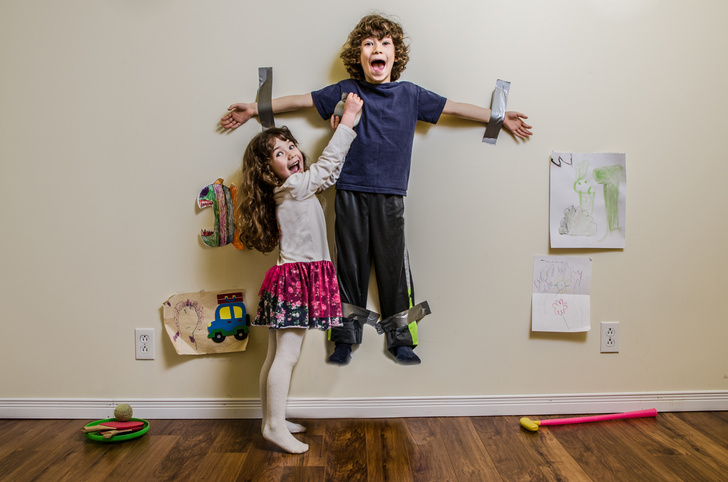 My son couldn't read until he was nine and achieved very little until he was 15. He passed his GCSEs and A levels. He now has a good degree.
My son couldn't read until he was nine and achieved very little until he was 15. He passed his GCSEs and A levels. He now has a good degree.
Children fall behind often, because they cannot read. Help him with decoding if you can. Play a simple game with him - ask him to tell you the sounds in lots of simple words like cat, dog, lost, desk etc. If he can't hear them, he will not be able to read. Show him how to say each sound. There are lots of simple fun things you can do to help him.
I was 14 when I learnt to read!
Share
ReportPlease or to access all these features
CaramelAndCinammon · 25/10/2012 19:19
He may catch up.
But equally he may fall even further behind. If he's progressing at half the rate of his peers by the end of the year he'll be 2 1/2 years behind not 2 years....
No one here has a crystal ball and can tell you where he'll be when.
Add messageShare
ReportPlease or to access all these features
midseasonsale · 25/10/2012 19:43
I think a good way to move him forward is to get him addicted to books. Find ones he can't put down and the literacy should improve.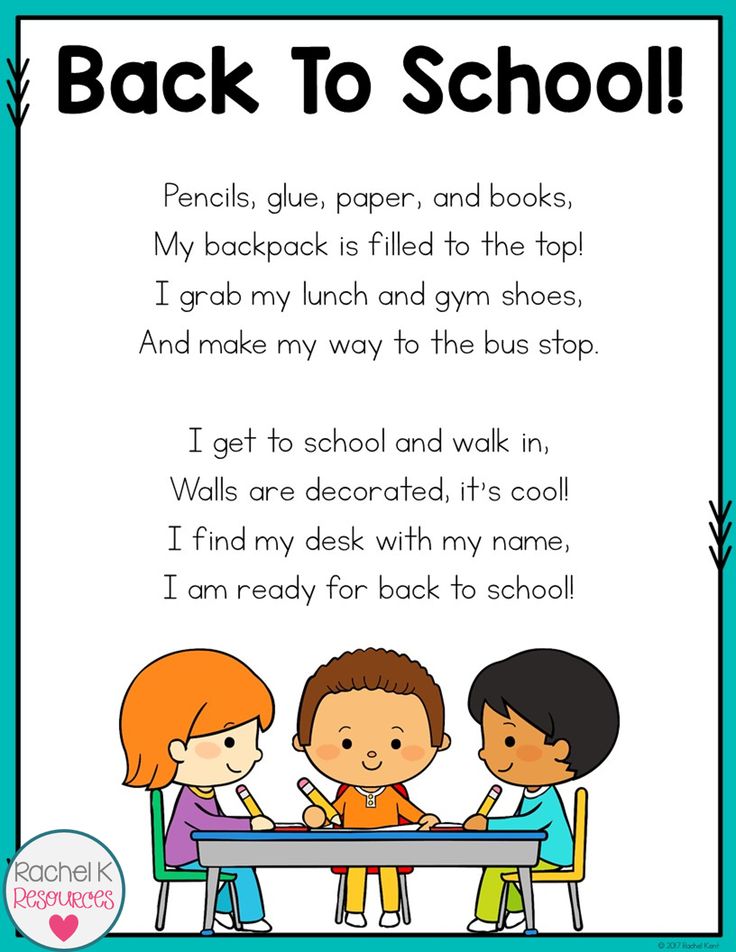
In your shoes though I would seriously look at putting him in the year group below. He is young for his year anyway so would only be a bit older then his new year group. It will do his confidence the world of good in the long run. I know he would leave school a year later but he would leave with better grades.
Add messageShare
ReportPlease or to access all these features
bizzey · 25/10/2012 22:36
Thank you all for your good words of advive !! Sorry I have not replied till now ,I was out with ds1 P/Evening. ..I know I want a magic wand or book to make him his "average level"....but you are all right it will happen when his brain say's so ...and not when "poeple above us"(govement/LEA and other people)
..I know I want a magic wand or book to make him his "average level"....but you are all right it will happen when his brain say's so ...and not when "poeple above us"(govement/LEA and other people)
say it should .
His confidance is building and I should focus on that ...but I would still LOVE to hear what ED PYHC has to say !!!
OP posts:
Add messageShare
ReportPlease or to access all these features
Advertisement
Jenny70 · 26/10/2012 10:13
Let me qualify this with I am no expert at all in this.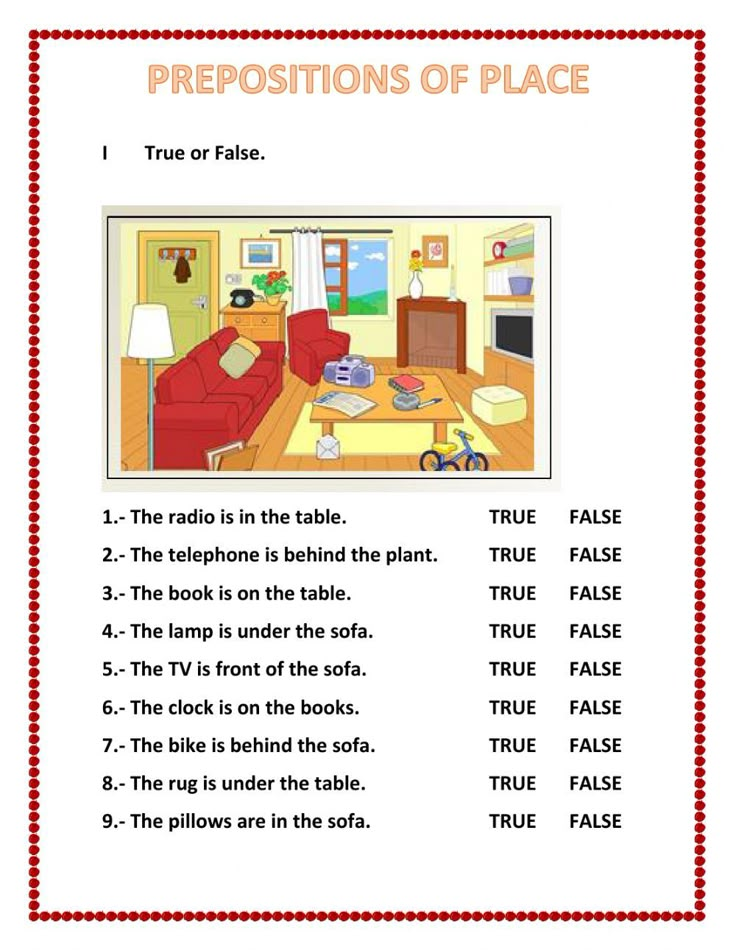
If he's behind because of a processing issue, then unless he can find a way to process things "better" then it will be hard for him to catch up - work progresses quickly in the upper primary and not having the basic skills could lead to a bigger gap between him and classmates.
If he's behind because things haven't clicked together (or he suddenly finds a way to process things that works for him) he will catch it up in leaps and bounds.
Doing things he can do, consolidating and building confidence will be great for him - reading books a bit easier that he can sail through (making sure he understands the concepts/story not just the words), times tables that he knows, the more practice he gets and can do it, the more he'll be feeling like he can do the next step.
Add messageShare
ReportPlease or to access all these features
VivaLeBeaver · 26/10/2012 10:20
At the end of year two I was told in parents evening that dd was a year behind.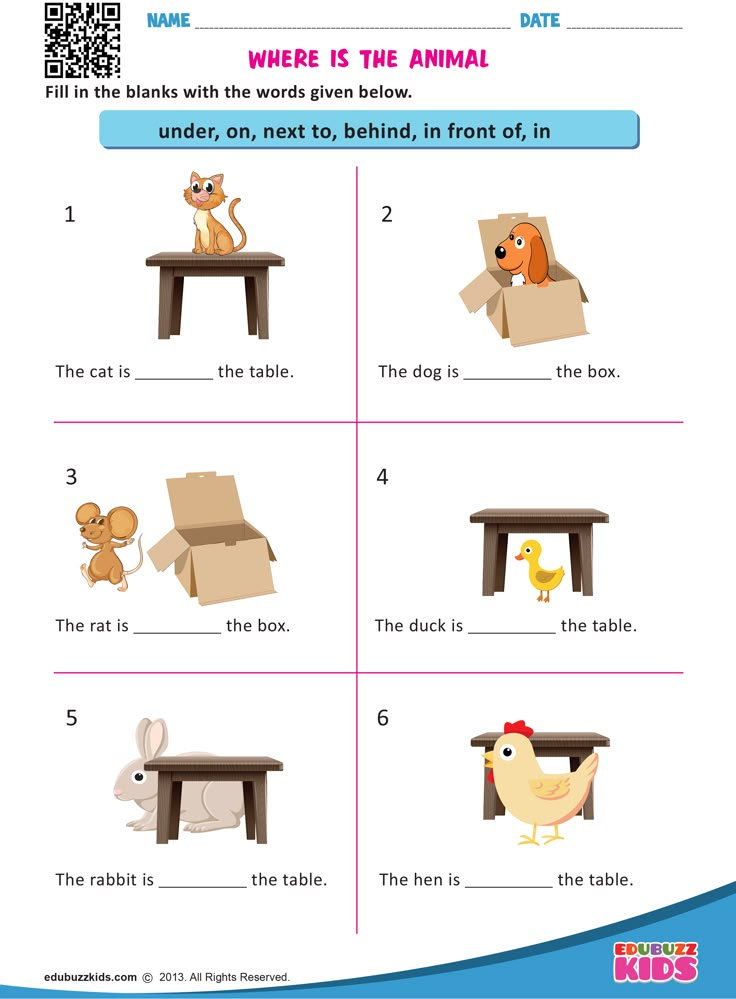 It's was the first I heard of it. I asked for support and was told she didn't need it. I pushed and they said ok but did nothing. Halfway through year three I put her in another school.
It's was the first I heard of it. I asked for support and was told she didn't need it. I pushed and they said ok but did nothing. Halfway through year three I put her in another school.
She passed her 11plus last year so she caught up. She also went to Kip McGrath classes for a bit but to be honest I think it was the new school that sorted her out.
If you're not happy with the school I'd move him. Best thing I ever did for dd.
Add messageShare
ReportPlease or to access all these features
smee · 26/10/2012 10:25
I think Ed Psych assessment would be helpful too as the tests they do help you to work out where the weaknesses are.
Slightly sideways thought here, but ask your son what he sees when he looks at text/ white board, so ask if the words stay still or not. I hadn't heard of it before and was amazed when my DS said the words were moving. We'd had his eyes tested by a normal optician and his vision is fine, but this is different. Something to do with visual stress, but it was making reading very tough for him. He reads with coloured overlays now and we might move onto tinted glasses. It's made a massive difference to his speed and accuracy.
Add messageShare
ReportPlease or to access all these features
RageAgainstTheVendingMachine · 16/10/2019 13:41
I am aware it is bad form to resurrect a zombie thread, especially after 7 years but I wasn't sure whether a PM would be even weirder, sorry.
Essentially @bizzey your child will be year 11 now (unless you did end up home educating) and I wanted to know
a) whether they did catch up eventually
b) what you know now that you didn't know back then
c) what advice you would give to another Mum in the same situation
I do hope that you are still on here in a different guise and that you can reply or if you would prefer to PM me. Thanks ever so much.
Anyone else with similar stories I would appreciate any feedback. My son is in year 2 when his starting point is reception and I am trying to ascertain whether I need to let matters take their course or whether I should be advocating more (the 2 years discrepancy is due to moving back to the UK but he is also atypical wrt fine motor skills, sensory issues and anxiety). He has made a lot of progress in only a month but I am wondering whether long term with such a deficit I should already be advocating for him more than I am now.
Thank you in advance
Share
ReportPlease or to access all these features
Please create an account
To comment on this thread you need to create a Mumsnet account.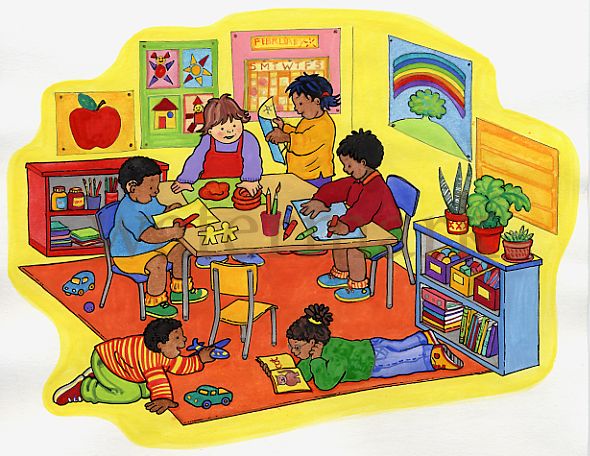
Advertisement
Why a student falls behind in studies
Parents and teachers often ask why a student falls behind in studies , but there are actually many reasons for this. The main thing is not only to know the cause, but also to try to eliminate and correct it in order to understand what the child needs so that he learns well . After all, not all children can learn in the same way, for some, learning is easy, and for some, other natural qualities and properties are developed.
In the article you will learn the main reasons, why a student falls behind in studies , psychologists will give you advice on how to eliminate these reasons and help the child not only start to study well , but also find himself and his qualities in life. No need to force a child to learn if he is naturally creative, as you will destroy his future.
No interest in school and studies
The main reason why student falls behind in studies is the lack of interest in studying at school. The child is bored or simply has no desire to learn. In such cases, it is advisable to give the child a rest and help him understand what he wants in life. Explain to your child what really benefits school and what he will get if he graduates with good grades. nine0007
No motivation to study
Another important point is the motivation that schoolchildren either have or do not have. Someone for himself, invents it, but you can help the child, create motivation to study and then the child will try to study even better, because he knows what awaits him after these classes.
A schoolchild often gets sick
Often able and smart children lag behind in school due to illnesses and it is difficult for them to enter the new program again and again. In this case, it is advisable to study at home during illness, learning new tasks from teachers. But even better is to deal with your health and find the cause of weak immunity and try to increase it, as doctors will advise you. Find out: what we believe in, because often the child is deceived, promising a lot, and the child sees how he was deceived and has no desire to learn more.
In this case, it is advisable to study at home during illness, learning new tasks from teachers. But even better is to deal with your health and find the cause of weak immunity and try to increase it, as doctors will advise you. Find out: what we believe in, because often the child is deceived, promising a lot, and the child sees how he was deceived and has no desire to learn more.
No learning ability
The main mistake of parents and teachers is that they force a child who does not have the ability to study to study. To be more precise, he has no abilities for this educational system, since he can simply learn other things or subjects. You need to learn, but only what you have the ability to. There is no point in tormenting and scolding a child for bad grades. Help the child find himself in life, and let him learn and develop what nature has created him for.
Schoolchildren have more developed creative abilities
Not all children have the ability to study well and at the same time not memorize subjects. Some learn a verse in 5 minutes, while others need at least 2 hours to memorize one or another verse. Education is designed to make children the same so that they are all obedient and learn well. But this is impossible, since some tend to education, while others tend to creativity.
Some learn a verse in 5 minutes, while others need at least 2 hours to memorize one or another verse. Education is designed to make children the same so that they are all obedient and learn well. But this is impossible, since some tend to education, while others tend to creativity.
Nervous tension, problems
Children, just like adults, have problems, they get upset, quarrel, and this leads to a mental disorder, and then a person cannot learn normally, because he thinks about something else. You can help the child, but if he rejects communication, then it is better to leave him with his own thoughts.
Problems in the family
Also often a student falls behind in studies precisely because of family problems, quarrels and conflicts. There is nothing you can do about it, as it is in every family. But if the parents are wise people, then they will simply hold quarrels or solve problems alone from the child, so that he does not see or hear it. The child is not to blame for anything, but often the parent is blamed for the problems. Education is not the end of the world. Find out: what we are changing our life for, since the problem is not in poor study, the problem is that 80% of adults and children cannot find their meaning in life and purpose. nine0007
The child is not to blame for anything, but often the parent is blamed for the problems. Education is not the end of the world. Find out: what we are changing our life for, since the problem is not in poor study, the problem is that 80% of adults and children cannot find their meaning in life and purpose. nine0007
The child still wants to play, not to study
All children want to spend their childhood playing, but, alas, they are not allowed by the strictness and discipline at school. Of course, some kids get scared and start learning better out of fear of being scolded or even physically hit. But this problem of poor study is solved by more useful methods. It is necessary to make education for children not strict, but to make learning a game, then the children themselves will want to study better and at the same time they will receive not only good grades, but also happiness and joy. nine0007
It is too early for a student to study
There are situations why a student is lagging behind in studies because it is still too early for him to study. Education has created a general acceptance criteria for school at age 6, but not all children have the ability to start school at age 6. Some start school at the age of 5 and have good grades, while others cannot study even at the age of 7. There is no need to blame children for being who they are. Better help them calm down and begin to develop exactly in the direction in which nature created them. For example, many scold children for not being able to speak at the age of 2-3, but remember Einstein, he began to pronounce words only at the age of 5, and his teacher said that he was mentally retarded.
Education has created a general acceptance criteria for school at age 6, but not all children have the ability to start school at age 6. Some start school at the age of 5 and have good grades, while others cannot study even at the age of 7. There is no need to blame children for being who they are. Better help them calm down and begin to develop exactly in the direction in which nature created them. For example, many scold children for not being able to speak at the age of 2-3, but remember Einstein, he began to pronounce words only at the age of 5, and his teacher said that he was mentally retarded.
Believe and love children
Stop bullying children and forcing them to learn. Look at those who graduated from school and education with excellent grades and with honors. Where are they now? Do they have happiness in life and success? Think about it, maybe it’s better for a student to help find himself than to force him to be like everyone else, we are not robots and every person is different, there is nothing the same in people. Think and make the right decision. nine0007
Think and make the right decision. nine0007
PSYCHOLOGICAL ADVICE
psyh - olog . en
The child is retarded. What to do? Defectologist's advice
While expecting the birth of a child, each of us imagines in advance how amusing and cheerful the baby will be, how happily our life will change with his appearance. However, life is life, and, unfortunately, the statistics are relentless: there are more children with special health needs every year. The reason for this can be everyday stress, poor ecology and nutrition, difficult heredity, complicated childbirth, illness of the baby in the first three years, and many other harmful factors that scientists identify up to four hundred. nine0007
Often, in the great worries, busyness and fatigue that parents experience with the appearance of a child, signs of deviant development of the child do not immediately become noticeable. It also happens that parents see that the child does not succeed in everything, not everything works out for him, but they expect that this state will pass by itself, referring to the experience of others.
It also happens that parents see that the child does not succeed in everything, not everything works out for him, but they expect that this state will pass by itself, referring to the experience of others.
No one plans the birth of a child with developmental problems, it's scary to assume, even scarier to believe. However, it is absolutely unacceptable to lose vigilance or deliberately ignore the signs of dysfunctional development. Not an assumption of scientists, but a time-tested fact that many forms of developmental delay can be successfully overcome or compensated if they were identified in the early stages of a child's development. Timely initiated medical measures, multiplied by patient pedagogical work, yield results even in the most severe cases. Nature arranged the children's organism in such a way that even with complex forms of disorders there is always a place for development. nine0007
What does the term “developmental delay” mean?
Normal development presupposes a certain sequence of brain mechanisms formation. They provide timely and high-quality appearance of certain signs of healthy mental and motor development. They are manifested in the responses and behavior of the child. In the first months of a child's life, the nature of these signs is very specific, and only a doctor can determine and assess the degree of their usefulness. That is why you should not neglect the examinations of a pediatrician and narrow specialists of a child up to a year old. The development of a child in the first year of life is very rapid. The child's brain is developing very rapidly. Literally from day to day the possibilities of the child change greatly, and with them the range of skill of the child is expanding. The timely appearance of certain changes in the child's behavior indicates a successful course of his development, but their delay can become a signal of an emerging developmental lag. The basis of any lag is the failure of the mechanisms of the central nervous system. The areas responsible for the formation of a particular skill suffer or fall out.
They provide timely and high-quality appearance of certain signs of healthy mental and motor development. They are manifested in the responses and behavior of the child. In the first months of a child's life, the nature of these signs is very specific, and only a doctor can determine and assess the degree of their usefulness. That is why you should not neglect the examinations of a pediatrician and narrow specialists of a child up to a year old. The development of a child in the first year of life is very rapid. The child's brain is developing very rapidly. Literally from day to day the possibilities of the child change greatly, and with them the range of skill of the child is expanding. The timely appearance of certain changes in the child's behavior indicates a successful course of his development, but their delay can become a signal of an emerging developmental lag. The basis of any lag is the failure of the mechanisms of the central nervous system. The areas responsible for the formation of a particular skill suffer or fall out. A skill not formed in time leads to further inferior development, since it, in turn, is the basis for the formation of new skills and abilities. There is a gap that reduces the quantitative and qualitative indicators of development. nine0007
A skill not formed in time leads to further inferior development, since it, in turn, is the basis for the formation of new skills and abilities. There is a gap that reduces the quantitative and qualitative indicators of development. nine0007
However, it should be remembered that each child develops at his own speed. There is no strict calendar term for determining the development, but there are age periods within which the basis for the emergence of certain skills is formed. So the end of the first year is considered to be the boundary of the appearance of the first words. The absence of the presence of individual words in this age period indicates the delayed nature of speech formation.
What to do? The parents are closest to the child. It is they who see all the changes that happen to him. That is why you should learn to observe your child as early as possible. nine0007
So an observation. What should be considered when evaluating a child's development? From the very birth of a child, we see how the baby makes various movements, we rejoice at the first smile. Gradually, the nature and variety of movements expands. Pay attention to how long the child keeps his eyes on the subject, whether his eyes catch your gaze and a gentle smile, whether there is a joyful animation on your face and joyful calls. These manifestations indicate the beginning of the formation of not only motor functions, but also the state of the emotional sphere. By the end of the first, beginning of the second year of life, the child begins to walk independently. For many children with developmental disabilities, this period is delayed. In this case, there is a reason to contact a neurologist. It is worth paying attention to the motor activity of the hands. If the child fails to grasp objects for a long time, he hardly tries to take them with the whole brush, experiences tension, and the hand movements are inaccurate, a doctor's consultation will also be required. nine0007
Gradually, the nature and variety of movements expands. Pay attention to how long the child keeps his eyes on the subject, whether his eyes catch your gaze and a gentle smile, whether there is a joyful animation on your face and joyful calls. These manifestations indicate the beginning of the formation of not only motor functions, but also the state of the emotional sphere. By the end of the first, beginning of the second year of life, the child begins to walk independently. For many children with developmental disabilities, this period is delayed. In this case, there is a reason to contact a neurologist. It is worth paying attention to the motor activity of the hands. If the child fails to grasp objects for a long time, he hardly tries to take them with the whole brush, experiences tension, and the hand movements are inaccurate, a doctor's consultation will also be required. nine0007
An important indicator of a child's development is the state of speech. This process is in close interaction with thinking, exerting a direct influence on it. It is very important to pay attention to speech development at an early age, and not wait until the child speaks on his own. The evaluation criterion is simple: the older the child and the worse he speaks, the deeper the level of underdevelopment of speech. By the age of five or six, in general, its sound and grammatical design is completed. Severe speech disorders in this age period is the scope of the speech therapist. Only a comprehensive examination of it will give a clear picture of the structure and degree of backlog. nine0007
It is very important to pay attention to speech development at an early age, and not wait until the child speaks on his own. The evaluation criterion is simple: the older the child and the worse he speaks, the deeper the level of underdevelopment of speech. By the age of five or six, in general, its sound and grammatical design is completed. Severe speech disorders in this age period is the scope of the speech therapist. Only a comprehensive examination of it will give a clear picture of the structure and degree of backlog. nine0007
Play is also a special phenomenon of childhood. It is one of the indicators of normal development. In children with a developmental delay, play activity is poorly developed or does not develop at all without the help of adults. And watch again. Already in the first months of life, a child may not show interest in toys, but monotonously and monotonously manipulate handles in his field of vision.
Some children with emotional disorders play in a peculiar way, often with non-play materials: ropes, strings, pots and other objects. Their games are monotonous and at the same time distinguished by obsession. The child is absorbed in his actions, can laugh, talk to himself, jump, run on his fingers, shake his hands. nine0007
Their games are monotonous and at the same time distinguished by obsession. The child is absorbed in his actions, can laugh, talk to himself, jump, run on his fingers, shake his hands. nine0007
The game stimulates the development of intelligence and speech, so you should play with your child as much as possible, teach him how to play with toys, introduce him to role-playing and story games.
When playing with a child, communicating, performing the usual procedures with him (feeding, bathing, washing, changing clothes), pay attention to the degree of emotional participation of the child in these activities. Emotional development in the structure of mental development occupies a very important place. It's about the "smart" and "myamlik". There are children whose emotional activity is rather weakly expressed. They are distinguished by emotional lethargy, weakness of strong-willed efforts. They are often passive, inactive, their play activity is poorly developed.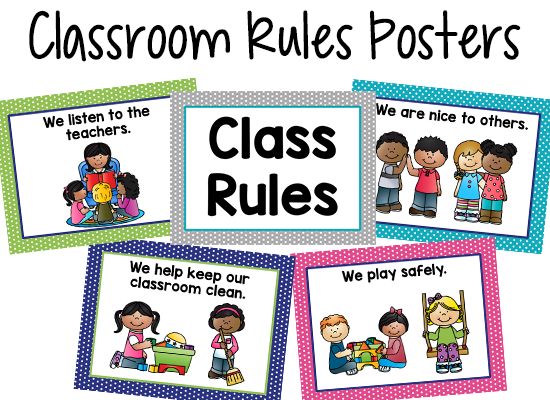 They are hypoexcitable children. nine0007
They are hypoexcitable children. nine0007
Carefully observing their child, parents may notice manifestations opposite to those described above. There are children who are distinguished by general motor restlessness, sleep disturbance, general increased excitability in the form of crying, piercing screams, and a tendency to violent movements. These are the so-called hyperexcitable children. Both of these categories of children require the close attention of parents and specialists - doctors, teachers.
Every child with developmental disabilities needs special methods of education and upbringing. Parents are often mistaken in believing that developmental delay can be overcome by medical means alone. It is important to know that not even the best medicine will give the maximum positive impact without a special system of activities with the child. The developmental lag is not treated, but is overcome by the joint efforts of a doctor, defectologist, psychologist, speech therapist with the obligatory leading participation of parents.




